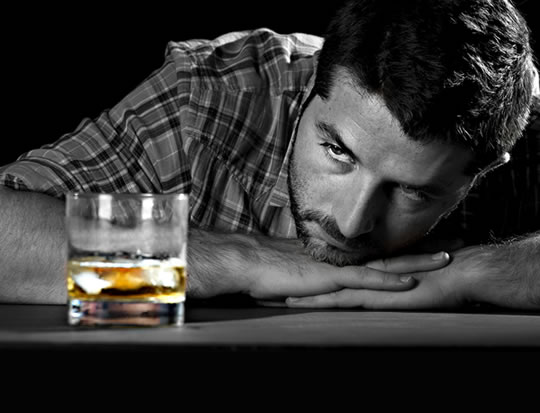Alcohol changes the physical structure of certain neurons, neuroscientists find.
Neuroscientists have found a group of neurons which influence whether a couple of drinks turns into too many.
The discovery could be an important step forward in the fight against alcoholism.
The neurons — in part of the brain called the dorsomedial striatum — are vital to goal-directed behaviour.
Researchers found that alcohol changes the physical structure of these neurons.
Large amounts of alcohol, drunk periodically, activate dopamine receptors in this region, making them much more excitable.
Dr Jun Wang, the study’s lead author, said:
“If these neurons are excited, you will want to drink alcohol, you’ll have a craving.”
Activation of these neurons can motivate more drinking.
This in turn leads to the neurons being more sensitive.
So, it’s a vicious circle that’s difficult to escape from.
Neuroscientists reached these conclusions by carrying out experiments on mice.
They found that critical changes in so-called “D1 neurons” led to the mice consuming more alcohol.
Dr Wang said:
“Even though they’re small, D1 receptors are essential for alcohol consumption.
If we suppress this activity, we’re able to suppress alcohol consumption.
This is the major finding.
Perhaps in the future, researchers can use these findings to develop a specific treatment targeting these neurons.
My ultimate goal is to understand how the addicted brain works, and once we do, one day, we’ll be able to suppress the craving for another round of drinks and ultimately, stop the cycle of alcoholism.”
The research was published in the Journal of Neuroscience (Wang et al., 2015).
Alcoholic image from Shutterstock

